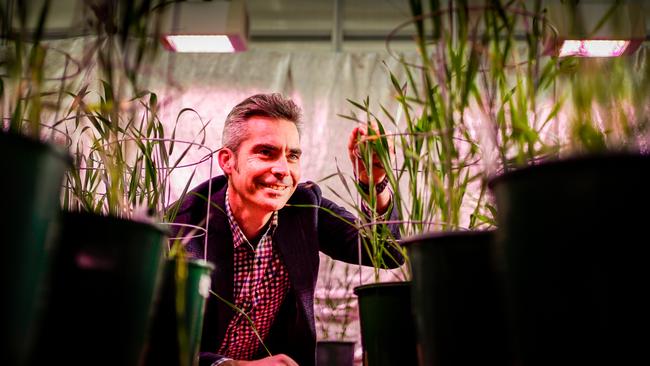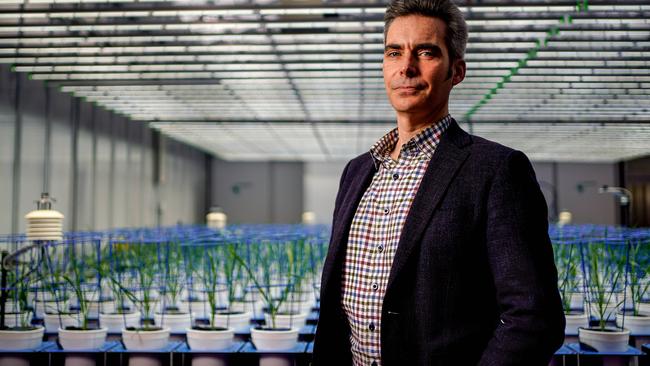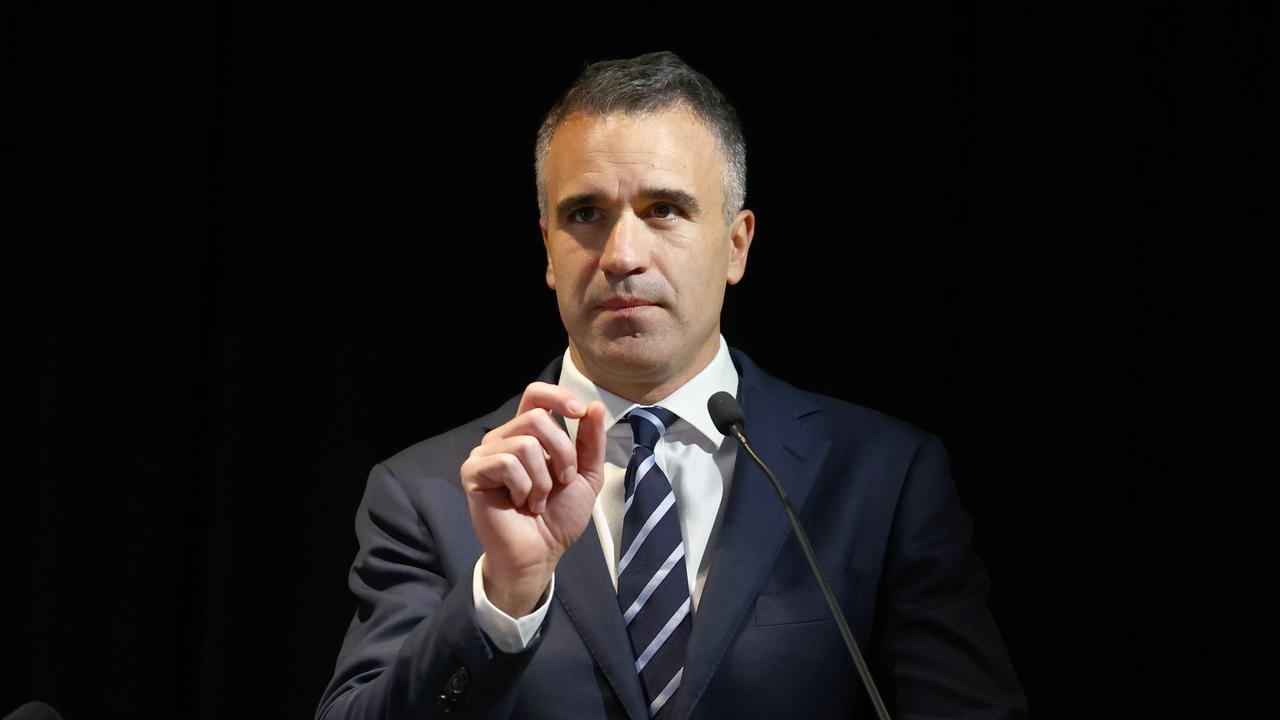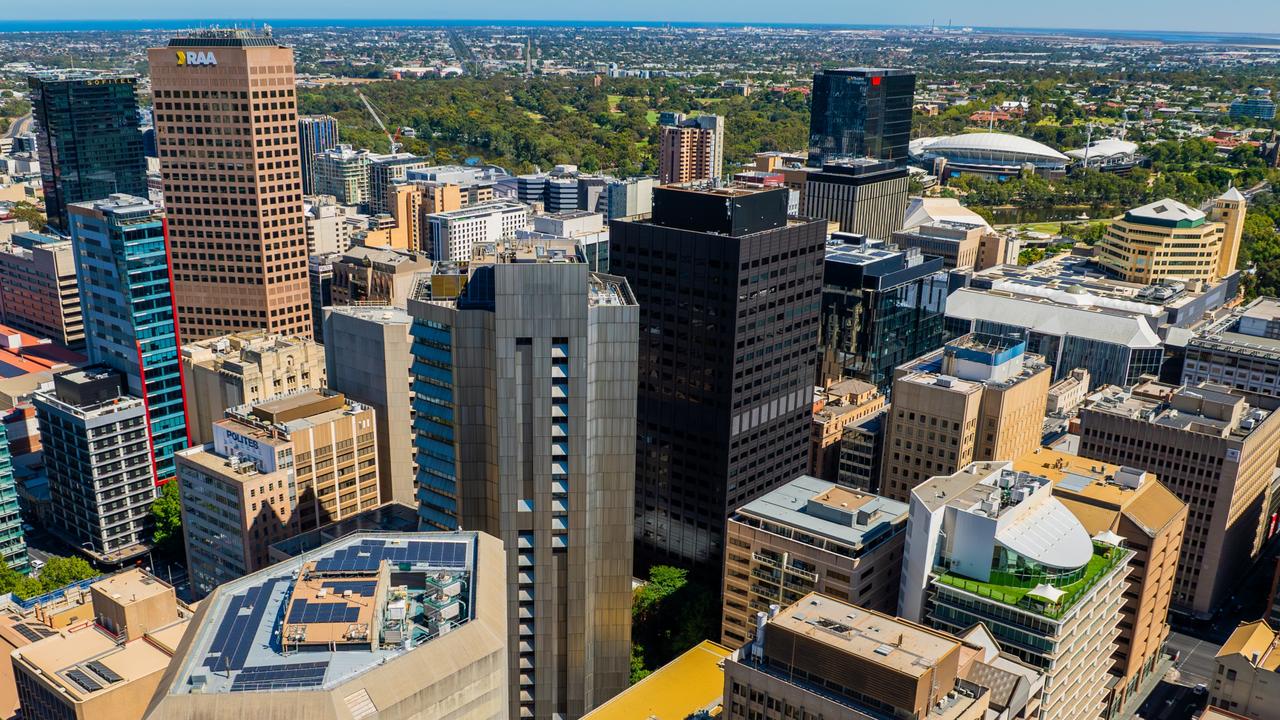Recipe for sustainability: Adelaide researchers solving the problem of feeding future space explorers
Developing a sustainable food source for trips to the moon and beyond is key to our success in space, according to one of the experts looking at how to grow food in space.

Future Adelaide
Don't miss out on the headlines from Future Adelaide. Followed categories will be added to My News.
From NASA’s plans to return humans to the moon later this century to Elon Musk’s desire to travel to the Red Planet by 2050, engineers across the globe are frantically designing and building rockets capable of sending people millions of kilometres up into space.
But it’s not just the spacecraft that is a top priority: how to feed those vertical venturers is of equal importance.
“We’re very much behind the eight ball on that,” says Professor Matthew Gilliham, director of The University of Adelaide’s Waite Research Institute. “Current rocket technology means we can’t possibly take enough food with us to sustain what could be a three-year trip to Mars.”
Prof Gilliham and his team are seeking the solution here on the ground in Adelaide, working on optimising plant form and plant nutrition to produce a supply of food that will supplement not just traditional food sources but also pharmaceuticals and other materials. “Plants don’t require much energy input, unlike bacteria, and they also have more complexity in their metabolism that allows them to synthesise a range of compounds,” Prof Gilliham says.

The complexities of creating sustainable food sources for life in space include differences in gravity and levels of carbon dioxide. “In the International Space Station for instance, CO2 levels are sitting around 2500 parts per million – we’re worried about levels rising to 600 parts per million here on Earth,” Prof Gilliham says. “Those levels inhibit plant metabolism, so we have to adapt plants to those conditions.”
But it’s not only in space that the team’s research is bringing rewards: the results can benefit life on Earth, too. “Using the lens of space, we can bring new innovation back to here on earth and probably in a shorter time frame make impacts on controlled environment agriculture, including the production of biomaterials and pharmaceuticals,” Prof Gilliham says.
While Prof Gilliham’s biology background plays a key part in the research, the multidisciplinary nature of the project calls for a wide range of expertise. “We have systems engineers, process engineers, economists, lawyers, food technologists and more, so STEM subjects are very important,” he says. “Our plant scientists are using the latest genetic technologies such as gene editing or genetic modification; food processing involves all kinds of interesting chemistry, physics and novel engineering technologies. And computer science is important – because we don’t have access to a space ship, we do a lot of modelling using machine learning and high-level stats.”
The institute’s partnership with space agencies around the world – including NASA – combined with the Australian Space Agency’s target of 12,000 new jobs by 2030 means a bright future for those in the industry. “It’s leveraging our domains and skillsets of excellence and pivoting them towards new areas,” Prof Gilliham says. “The people we are training today will have careers not only in space but also here on Earth that feed from the innovations we make.”



